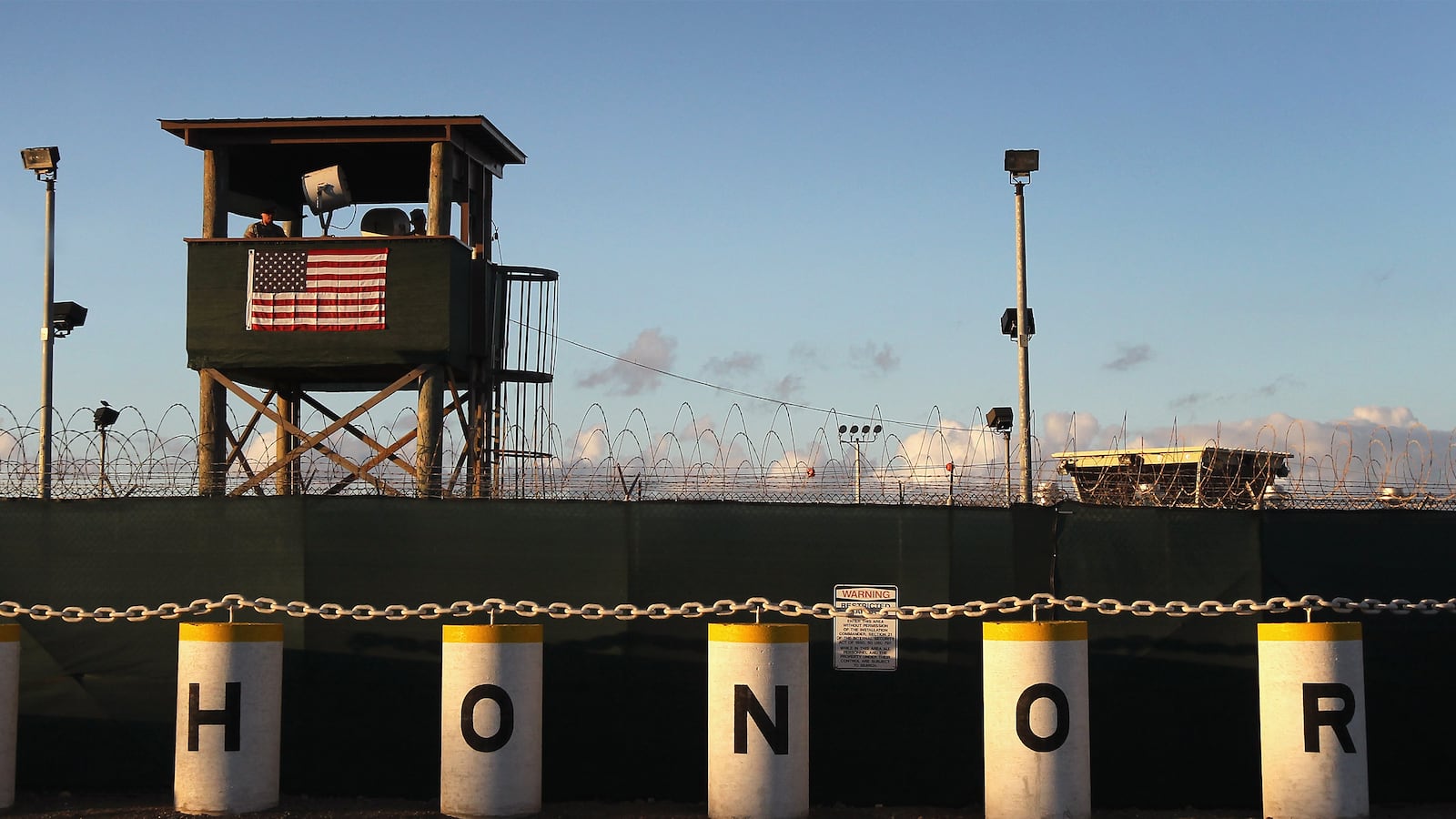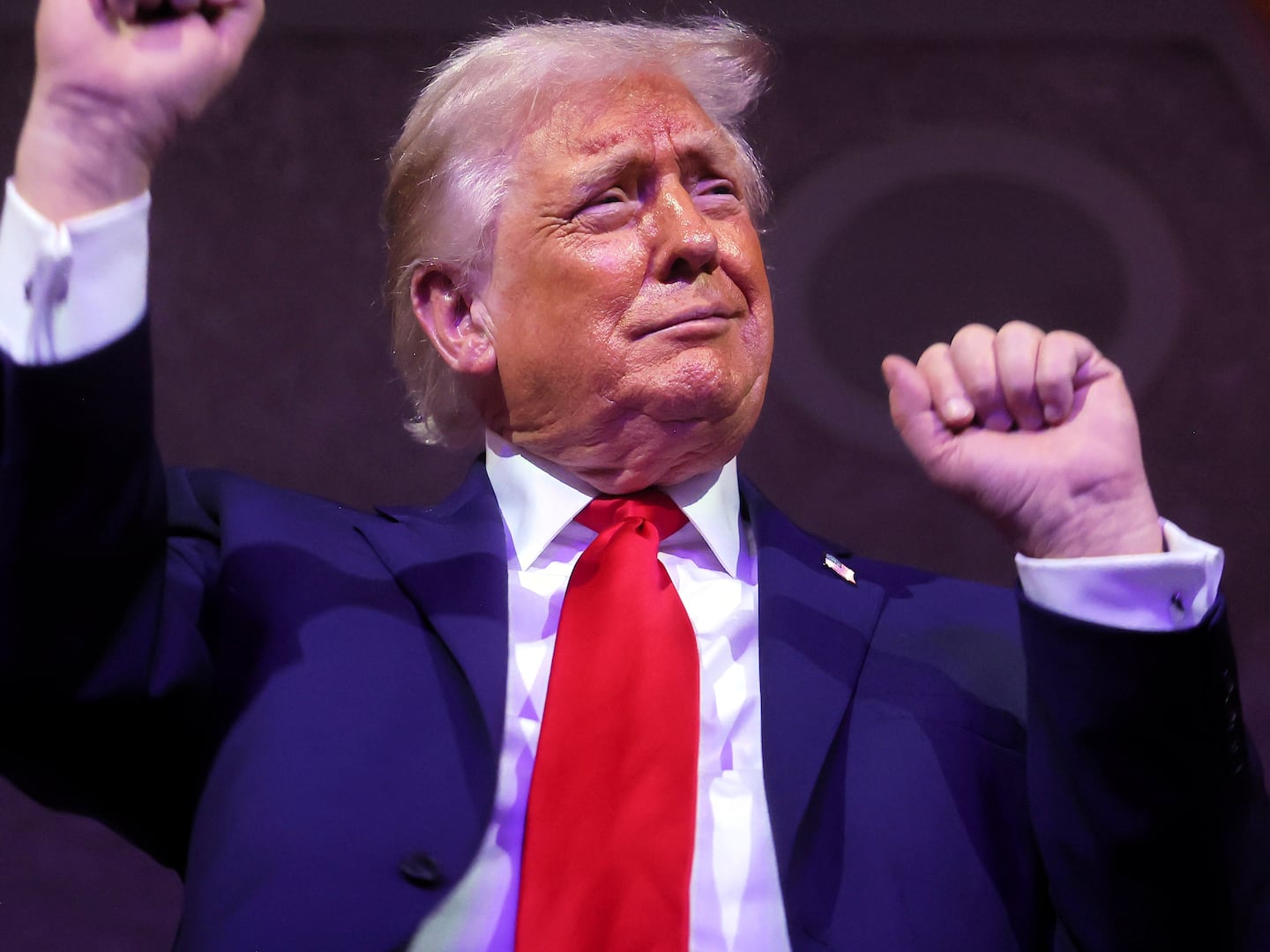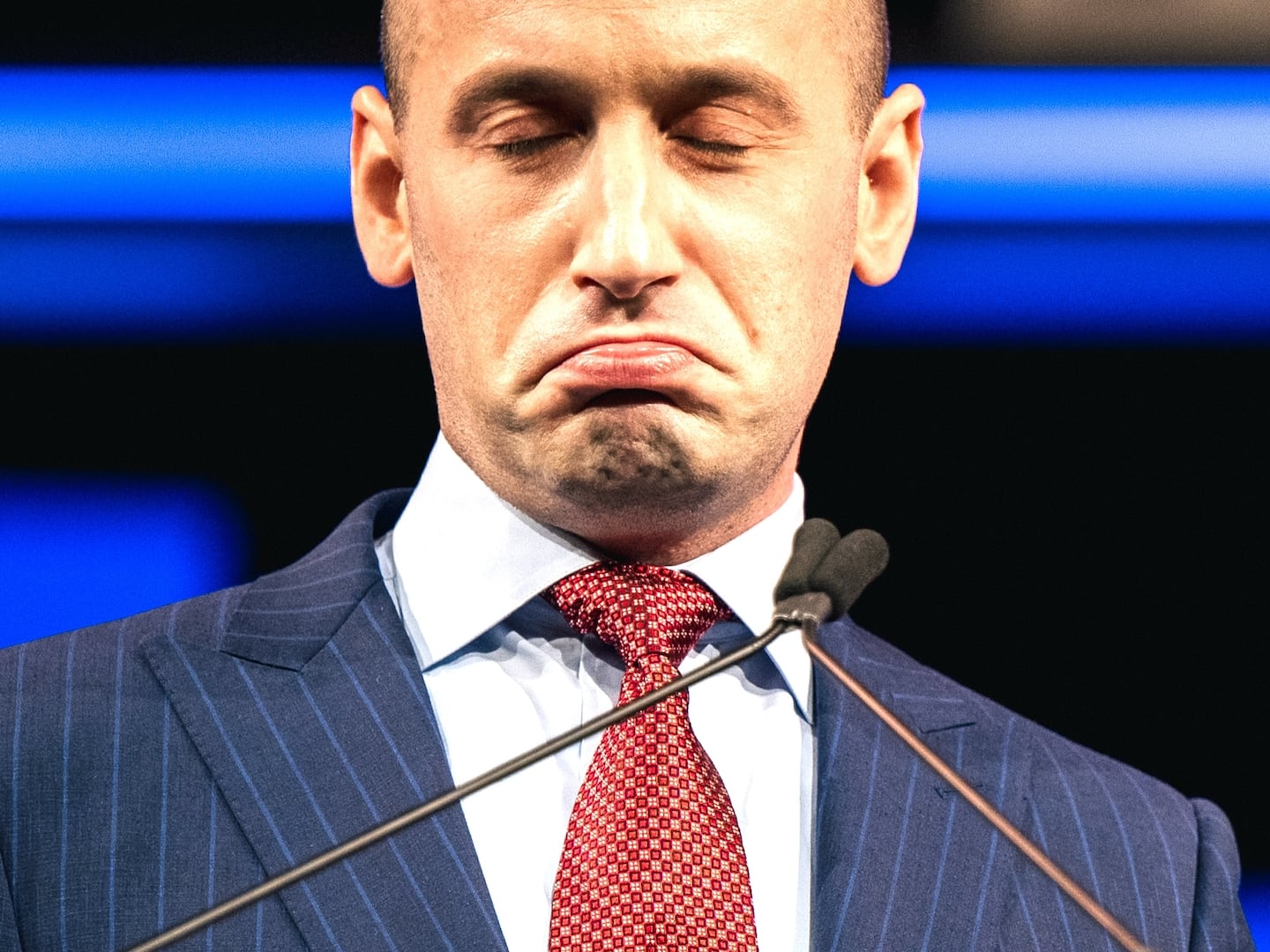The dedication to Murder At Camp Delta: A Staff Sargeant’s Pursuit Of The Truth About Guantanamo Bay reads, “To Talal al Zahrani father of Yasser al Zahrani who died at Guantanamo Bay, Cuba, while in U.S. custody June 9, 2006.”
It is an unusual tribute but one which becomes increasingly clear as you read Joe Hickman’s grim account of detainee abuse, torture, coverups, lies, a military run amok, plus three grisly deaths which took place in one of the world’s most notorious and expensive prisons.
(Constructed 13 years ago as temporary internment camp for Taliban and Al Queda detainees, Guantanamo today holds approximately 127 inmates at an annual cost of $3,345,061 per prisoner—in contrast, the most expensive internment in the U.S. runs around $78,000 per person per annum.)
It’s a chilling, compelling story.
Hickman, now 50 and a National Guardsman, first arrived on Guantanamo for a year long stint in March 2006. His first and most important instructions dealt with iguanas, not prisoners.
A legal officer told the new arrivals, “Men, the the use of deadly force on a detainee can be justified given the right circumstance. There is absolutely no justification for harming an iguana. If it happens you will automatically be busted down a rank and fined ten thousand dollars. Remember that.”
Hickman was appalled. He had enlisted at 18 and served at corrections and military facilities all over the world, but he had never before encountered the chaos and inhumanity he discovered at Guantanamo, where captives were held in miserable conditions for years without being charged with any crime.

“I was shocked,” he admits. “Just the body odor is horrendous. You have grown men screaming and crying from nightmares or pacing back and forth like animals in a zoo in a 6x8 cell. Sometimes throwing feces and urine. At night the rats come out and scratch to get into the cells for food. The first night I sat down in the tower and couldn’t watch anymore. It was just awful.”
One of his most troubling discoveries: a CIA black-site torture camp off any military or area road map that Hickman quickly dubbed Camp No.
On June 9, 2006, he was on duty in the watchtower of the camp when three men scheduled for release allegedly committed suicide by hanging themselves in their cells. He knew something was terribly wrong and determined to find out exactly what happened.
After retiring from the military, with the help of some ex-military buddies and a series of researchers from Seton Hall School of Law, Hickman sorted through thousands of pages of government documents. He and his associates concluded that Guantanamo was not just a holding pen but also a laboratory where alleged terrorists were used as guinea pigs for experiments in advanced torture. One of the most stunning examples he cites was the abuse of Mefloquine, an anti-malaria drug that produces hallucinations and mental breakdowns. Hickman says the drug was given in mega doses to the captives even though there no was sign of the disease on the island.
In a phone interview from his home in Wisconsin, Hickman says he wrote the book to expose the lies and the coverup and to provide the truth to the victims’ families.
Hickman believes the three prisoners were killed, suffocated by rags found stuffed down their throats during a torture session possibly gone awry.
“I think they were murdered,” Hickman said in an interview with The Daily Beast. “I show what I discovered at the end of the book to let the reader decide.”
Was all this done with the approval of Donald Rumsfeld?
Yes, General Dunlavey, one of the first generals down in Gitmo, stated in a sworn affidavit that he got his marching orders from the president and was supposed to report to Donald Rumsfeld once a week.
Rumsfeld would then OK the torture or the treatment?
He just wanted reports on what action, what intelligence they were getting. He didn’t want to know what worked and what didn’t, he just wanted results.
Did the interrogators get a lot of intelligence?
That’s arguable. I’d say they didn’t get any. Other people say they did, but I haven’t seen anything they’ve gotten. Most of the prisoners were very low-level people brought in by bounty hunters. Five thousand dollars for some and that’s an extreme amount of money in Pakistan and Afghanistan. There are so many tribal fights. One man will turn in another just to get the bounty and get rid of him. I’m not naive, there are very bad people at Gitmo. But let’s try them and put them through due process.
Why did you dedicate the book to the father of al Zahrani?
All deaths are terrible but al Zahrani was captured when he was 16. He was just a boy. After he died his body was sent back to his father who was chief of police in Riad, Saudi Arabia. He looked like he was tortured. At Guantanamo they took the larynx and all the interior organs out of the dead men’s necks along with any other body parts that would have proved they hanged themselves. All of those were gone.
Al Zahrani’s dad always questioned the U.S. government’s account, and I wanted to let him know what happened and hopefully that in some sort of disturbing way it brings some answers him.
What did happen that night?
I believe they were taken to Camp No and killed. The one thing the detainees had in common was they were hunger strike leaders.The one thing the interrogators can’t stand is hunger strikes, because detainees can’t be interrogated and they were doing 200 a week. When they do hunger strikes they cripple the intelligence process.
Tell me about Camp No.
On patrol one day we found this area with wire and fence, and it said no photographs, keep out. It was very suspicious. We just knew right from the appearance that is was a detainee holding facility no one knew about. I’ll never forget what the guy who was with me said because he just looked at it and asked “You know what we just found?” I said, what? And he said, “We just found our Auschwitz.” And I said, yes, let’s get out of here.
Were you enraged?
It got that way by the end. You get desensitized so much, but by the end of it you’re just frustrated and tired. I was an angry person when I left there.
Should Guantanamo be shut down?
Absolutely. I don’t think it should have ever existed.
Do you anticipate any sort of retribution for what you’ve written?
No, not at this point. I was fearful at one time. But I’ve been telling my story and I went to the Justice Department, and I’ve done everything I’m supposed to do the correct way, so I don’t have fear.
What reaction do you expect from this book?
I expect there’s going to be some people attacking me. I expect there’s going to be people supporting me. But I just want the truth to come out, that’s all that matters.






